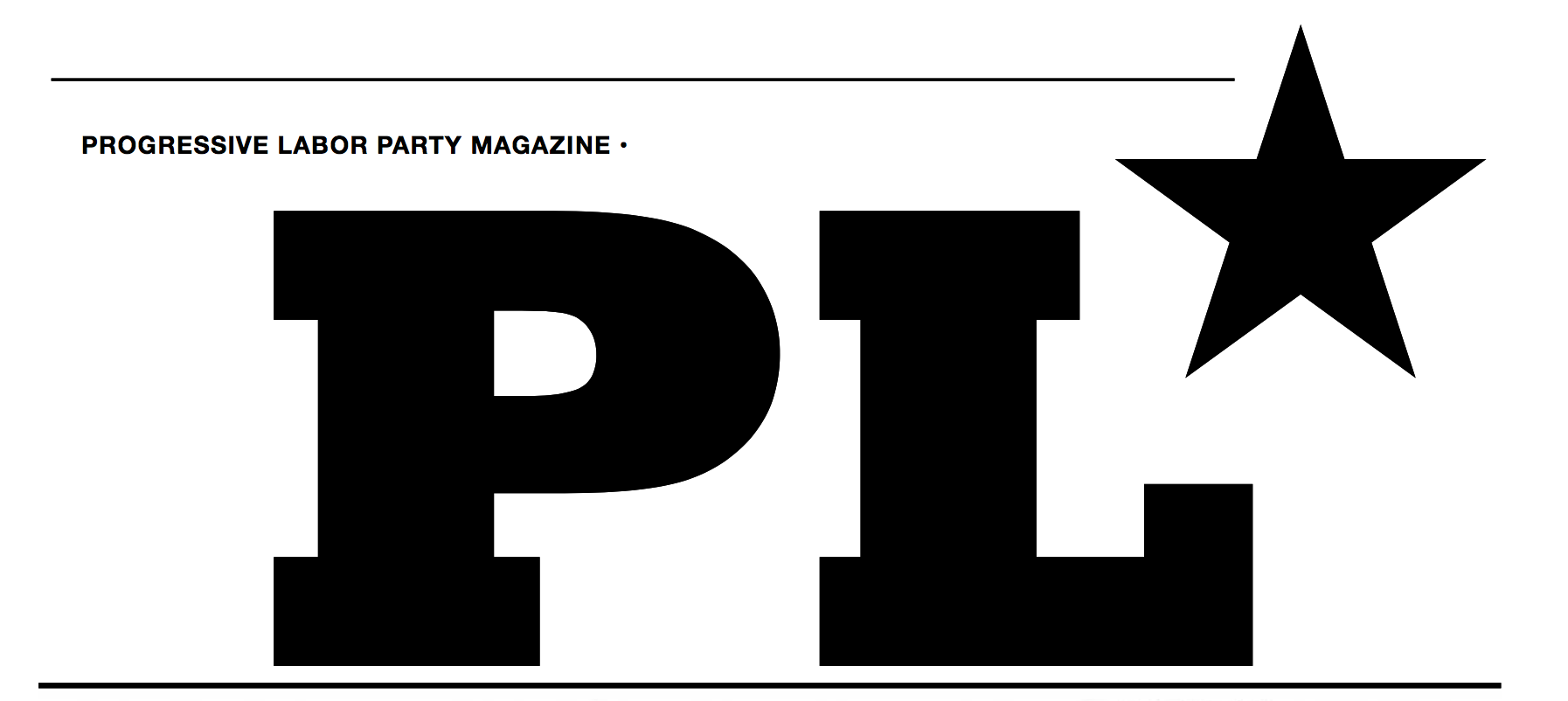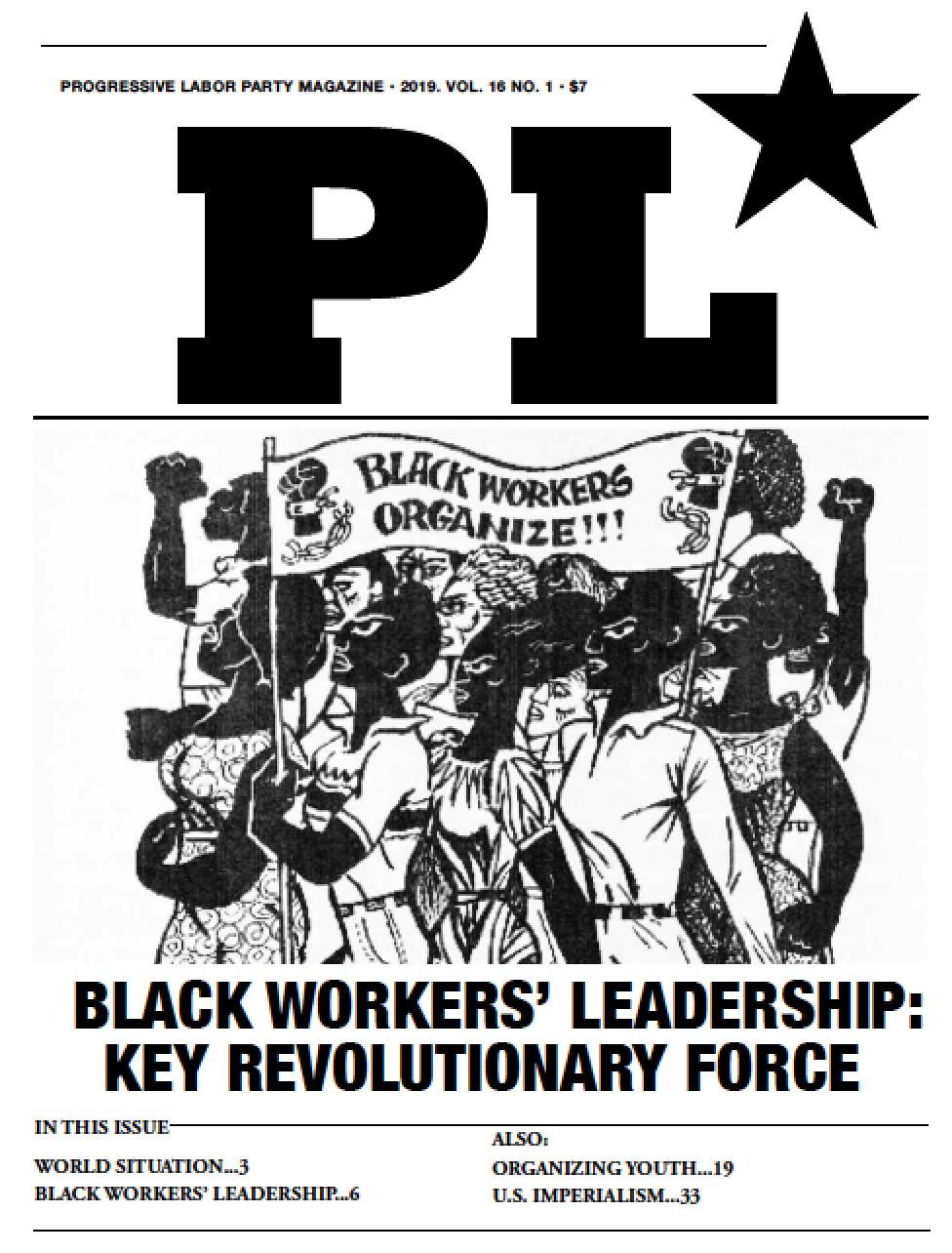Woody Guthrie Novel: The Struggle to Survive under Capitalism
 Thursday, July 4, 2013 at 2:57AM
Thursday, July 4, 2013 at 2:57AM One year. And what is a year? A year is something that can be added on, but can never be taken away… A year is that nervous craving to do your good job and to draw down your good pay, and to join your good union… And a year of work is three hundred and sixty-four, or –five, or –six days of the run, the hurry, the walking, the bouncing, and the jumping up and down, the arguments, fights, the liquor brawls, hangovers, headaches, and all.
Such is the beautifully evocative earthy prose of House of Earth, Woody Guthrie’s only novel. Written in 1947 by the radical organizer, poet, singer, and songwriter, just published now. Guthrie writes of one young hardworking family — Tike and Ella Mae Hamlin — during the Depression and their struggle to make a living off the land, keep body and soul together and have a child in a shack that can barely stand up to the beating of the Texas Panhandle. He paints a sympathetic but clear-eyed and honest portrayal of working people — real people, not the noble, but often one-dimensional, portrayals of workers that can be found in some other works, or the sneering condescension George Orwell shows toward the simplistic “proles” in 1984.
The Hamlins rent a rickety house on decent farmland, but it’s an endless struggle to keep the crops coming up and food on the table, especially with their first child on the way and the bank breathing down their necks. Tike’s dream is an adobe house. Not the cheap wooden houses built by the tight-fisted landowners that leak and creak and rattle in the wind, but a mud brick house literally made of earth that stands up to the climate and can’t be blown down, burned down, or repossessed by the bank. Tike sends away for a pamphlet from the government on how to build one, and he keeps it in his pocket at all times, almost like a latter-day bible, drawing an almost religious hope from his goal of living in an earthen house.
It’s a book about struggle, but not a book about strikes and picket lines. This is the day-to-day struggle to raise kids, stay fed, clothed, housed and sane with only the barest of tools to make it happen. But most workers, even in the 1930s, didn’t spend the majority of their time organizing, however heroic the efforts of the Communist Party and other organizers in fighting the ravages of capitalism. It was mostly a constant struggle just to hold on, even with faith in a dream like an adobe house. It’s hard to know if Guthrie really thought that was a solution, or was just using the vision to show that even something as basic as a solid roof is unattainable under capitalism, because if it doesn’t generate profits, it doesn’t get built.
As the son of hardscrabble Oklahoma farmers, Guthrie wasn’t at all afraid to show both the strengths and flaws in his characters, from the diligent workers to their sometimes not-so-diligent neighbors, their tenderness and their less admirable traits, like Tike’s occasional sexism. They need each other to survive. Ella Mae works every bit as hard, if not harder, than Tike, acting as the real anchor to the family. It’s to Guthrie’s credit, incredibly for a book written over 65 years ago, that he doesn’t shy away from straightforward dealings of relationships and sexual relations between a working-class man and wife as a real part of their life on the plains.
Aside from their conversations, sex, occasional interactions with the neighbors, and a very faulty radio, there’s not a lot to distract from the constant work. But the lyrical and honest descriptions of life on the farm during the Depression, of life in general, the nuances of the characters and the tense, desperate scenes of childbirth on the open plains in the midst of a blizzard are gripping. They take the place of the more elaborate stories and plots in other fiction. For the most part, Tike and Ella Mae don’t succumb to defeatism. But that, too, is a constant effort, with the ever-present threat of foreclosure a dark cloud over them and thousands of others, no matter how bright the real sky might be.
For communists and anyone who opposes the profit system, this is an important book, and well worth reading and discussing. It’s a great read, but that’s not the point — it’s best used to discuss the depictions of working-class people and life, their strengths and weaknesses, and the choices — however limited — people without money make under capitalism. As so graphically portrayed in House of Earth, the dream of something as basic as a house of earth will remain just that, a dream, as long as the bankers own the land, until we take it away and return it to the people who work it.





 Progressive Labor Party (PLP) fights to destroy capitalism and the dictatorship of the capitalist class. We organize workers, soldiers and youth into a revolutionary movement for communism.
Progressive Labor Party (PLP) fights to destroy capitalism and the dictatorship of the capitalist class. We organize workers, soldiers and youth into a revolutionary movement for communism.




Reader Comments